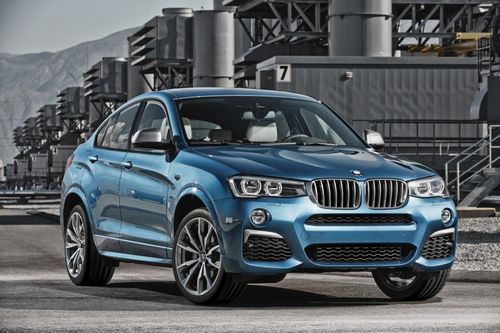Pieter Nota, the German carmaker’s board member for sales and marketing, told Autocar magazine in an interview published Thursday, that the company would no longer charge consumers for features that are already in their cars.
That includes the roughly $18 monthly fee — or $180 annually — to activate heated seats, which come pre-installed in these cars. BMW cars typically cost anywhere between the low $30,000s to the high $70,000s in the US.
Back in 2020, the company said they could start charging subscriptions for features already in the car. Seat warming charges appear to have been rolled out in 2022.
“What we don’t do anymore – and that is a very well-known example – is offer seat heating by this way. It’s either in or out,” said Nota. “We offer it by the factory, and you either have it or you don’t have it.”
“We thought that we would provide an extra service to the customer by offering the chance to activate that later, but the user acceptance isn’t that high,” Nota told Autocar during the IAA Mobility conference in Munich.
“People feel that they paid double – which was actually not true, but perception is reality, I always say. So that was the reason we stopped that.”
Nota did not disclose when the company stopped charging this fee.
BMW’s venture into such in-car purchases wasn’t just about seat warmers — the carmaker announced in 2020 that it was planning to offer subscriptions for features like adaptive cruise control and heated steering wheels.
The automaker faced considerable backlash from consumers after these charges were announced. Even talk show host Trevor Noah joked about the cost in an episode of The Daily Show, saying, “It’s only a matter of time before you buy a BMW, and then you’re going to have to listen to a mattress ad everytime you start the car.”
Despite scrapping the seat-warming charges, Nota told Autocar the company still plans to go ahead with charging for other features — like $20-a-month driving assistance software.
It’s not just BMW that runs such subscription models. Automakers Ford and General Motors set a target annual revenue of at least $20 billion from software services by 2030.
BMW did not immediately respond to a request for comments from Insider, sent outside regular business hours.


































Discussion about this post